If a work flies largely under the radar, is it still great?
That’s a question I asked myself about the next instalment looking at first issues of Brian K. Vaughan‘s major work. Granted, in the case of this, even the comic that didn’t necessarily have the same spotlight as Y: The Last Man, Runaways, or Saga still had an impressive 50-issue run. And a film adaptation is still in the cards, produced and starring Oscar Isaac.
The answer is, of course, yes. The popularity or sales of anything isn’t necessarily an indication of quality. And the first issue of Ex Machina is indeed great.
“What kind of pseudonym is Hundred anyway?”
Ex Machina #1 from Vaughan, Tony Harris, Tom Feister, JD Mettler, and Jared K. Fletcher opens us up to a world where the only superhero is a former civil engineer who talks to machines. And gave it all up to become mayor of New York City. It’s a mix of superhero action with political thriller, in a way presented as a memoir, and it eventually gets really weird as the series progresses.
1. Time
In many ways, Ex Machina #1 follows a similar pattern and structure as the first issue of Y: The Last Man. It begins at an indeterminate time in the future, following a major catastrophic event that goes undisclosed, and then thrusts us back in time through a series of vignettes. Each segment having a time stamp from Jared K. Fletcher overlain the first couple of panels. The difference being that the flashback vignettes don’t really build to anything. They don’t work their way back towards the opening, they’re just moments in time relating various pieces of Mitchell Hundred’s life. Instead of tension, the pacing is much more laid back and it will be a very long time before the story works back to the opening time frame.
It gives the flow of the story an entirely different feel. Spotlighting different moments in the past, like Hundred’s mother’s political activism, the accident that gave him the super powers, and the like. While ultimately setting what feels like a baseline “present” at the beginning of Hundred’s term as mayor of New York. Granted, that’s a flashback too.
2. Look
In the early to mid Aughts, there were some comics that started experimenting and playing with limited colour palettes. One of the most prominent was Detective Comics where Wildstorm FX provided very stark two colour issues and spot colour with grey washes. It really brought out the noir sensibilities of the storytelling. JD Mettler‘s work on Ex Machina isn’t that extreme, opting instead for colour themes (mainly hues of blue and yellow) for the different vignette segments and a kind of white fade. It makes everything look like it’s being processed through some kind of colour tone filter on television. I suppose that does evoke a connection to the book’s stated premise of being something of a cross between West Wing and Unbreakable. It also reinforces the idea that much of the story is told in flashback.
The line art from Tony Harris and Tom Feister also goes a great deal into grounding the events. Harris has a highly detailed, naturalistic style. Under Feister’s inks, the thicker lines and shadows, that many came accustomed to under Wade Von Grawbadger’s inks over Harris on Starman, are restrained. It gives the work a lighter feel overall.
3. Politics
Obviously you can’t have a political thriller without including politics. That in itself can present you with a landmine. One that could ultimately blow up in your face or turn out to be a dud. Basically coming from how safe you may play those politics. I’d argue that Vaughan doesn’t present much of it with tact, choosing instead to be messy with how it plays out. But that’s also to point out how flawed Hundred is as a character. And likely works to draw people in the same way as other forms of controversy can.
And, yes, Vaughan again uses an ableist slur here twice. In future issues, there are racial slurs and homophobic slurs. It’s almost like a signature at this point.
“Your radio. Your radio is talking to me.”
Ex Machina #1 from Vaughan, Harris, Feister, Mettler, and Fletcher is a fascinating take on how a superhero can work to change the world. Not necessarily in making it feel like real life, but in working through real life mechanisms like politics. Resulting in another great first issue.
Classic Comic Compendium – EX MACHINA #1
Ex Machina #1 – “The Pilot”
Writer: Brian K. Vaughan
Penciller: Tony Harris
Inker: Tom Feister
Colourist: JD Mettler
Letterer: Jared K. Fletcher
Publisher: DC Comics / Wildstorm – Signature Series
Release Date: June 16 2004
Available collected in Ex Machina – Volume 1: The First Hundred Days, Ex Machina – Book One, and Ex Machina – The Complete Series Omnibus
Read past entries in the Classic Comic Compendium!


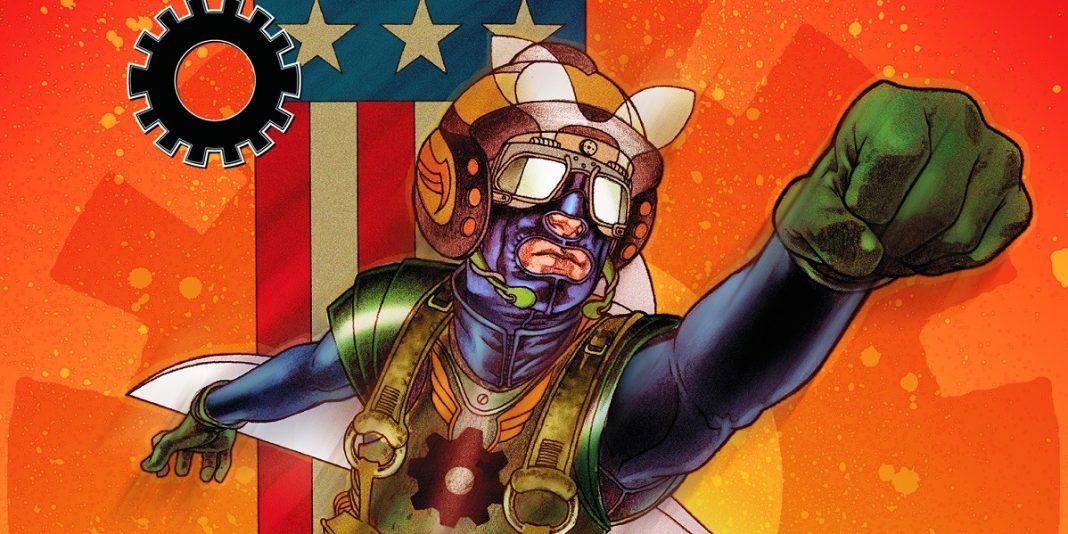
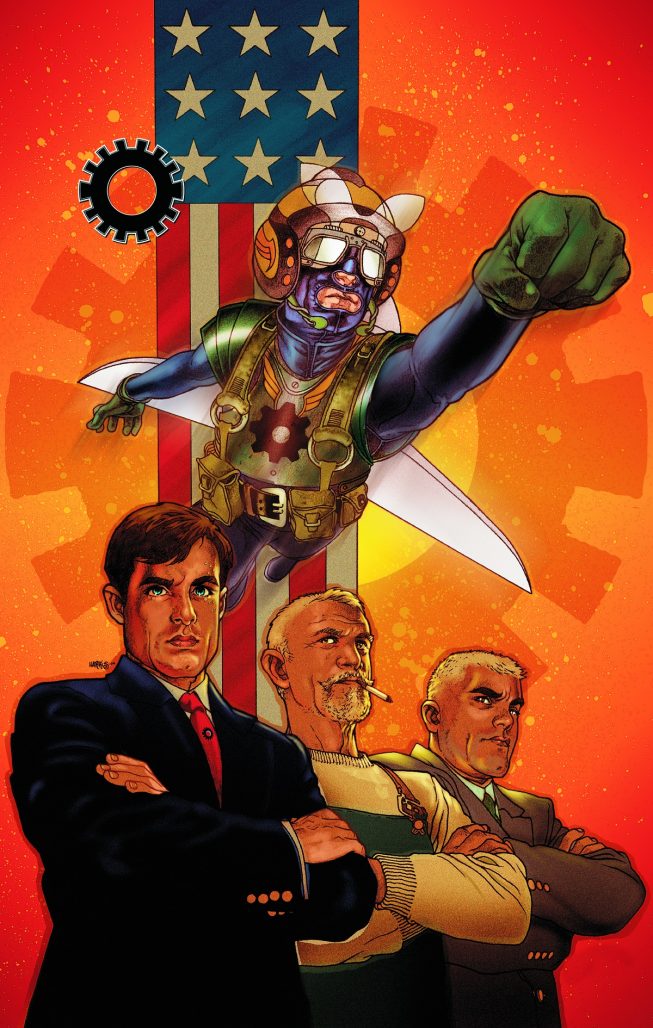
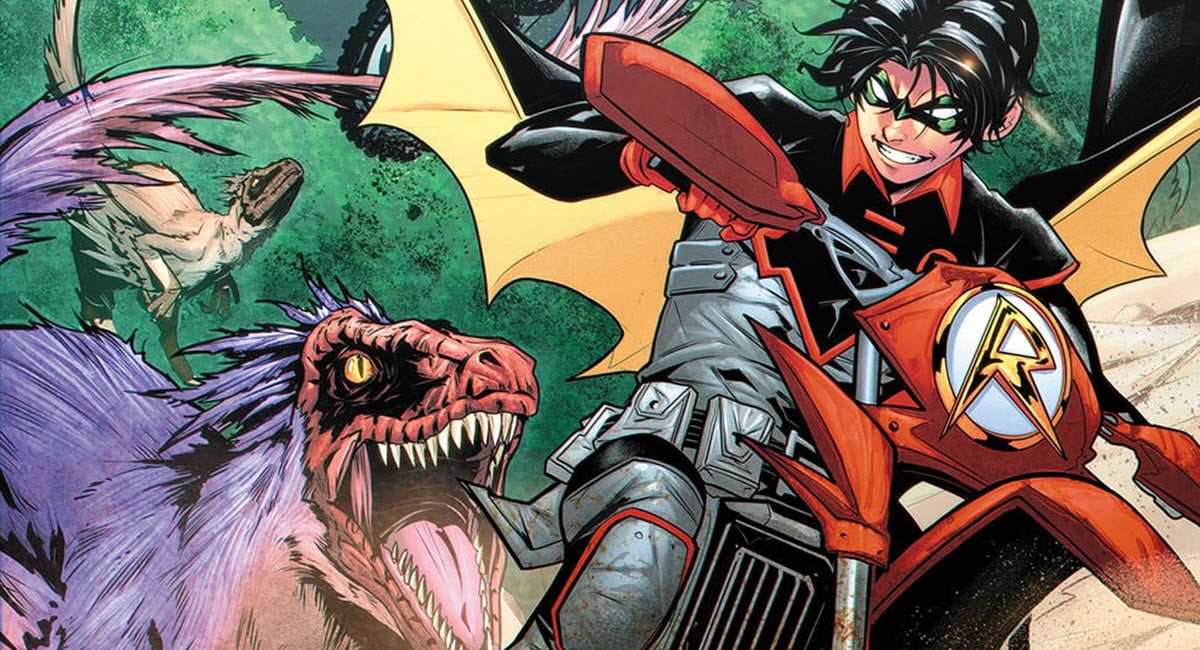
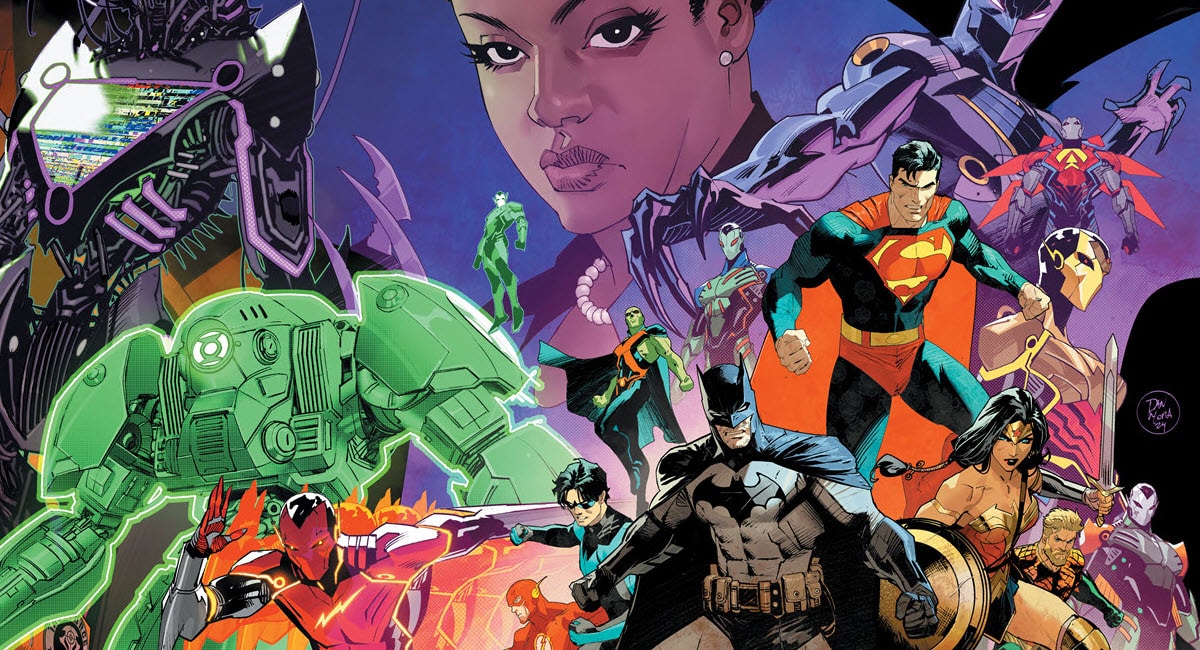
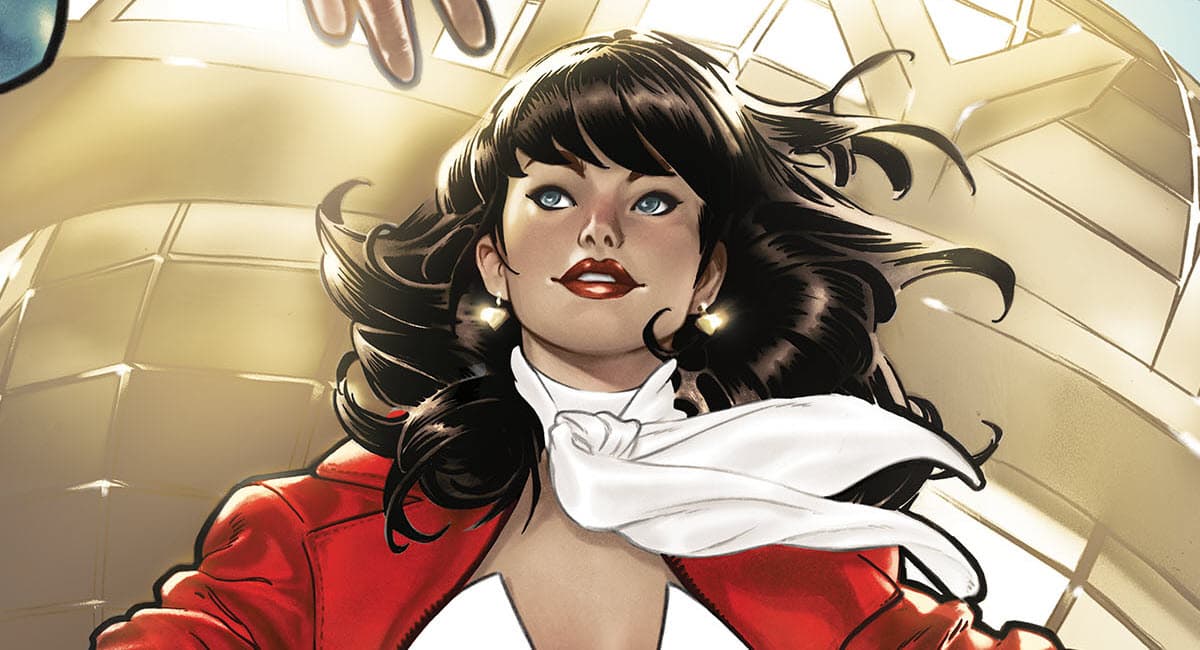



I remember reading this proofs of this issue DC had put in a binder at their booth at a convention. I flipped through it, enjoying it as I read along…and then got to that last page and was knocked flat. Vaughan has given us a lot of great endings to first issues, but nothing matches that one for me. Nothing even comes close.
I agree. The cliffhangers and shock reveals in Vaughan’s first issues are definitely elements that keep people coming back.
Yeah too bad he has no idea how to provide great endings for series. so far I haven’t seen one from him on anything. I know some are going to retort that it’s the journey not the destination but no, a lovely trip that ends at the bottom of a lake is not worth taking.
Good series.
Comments are closed.